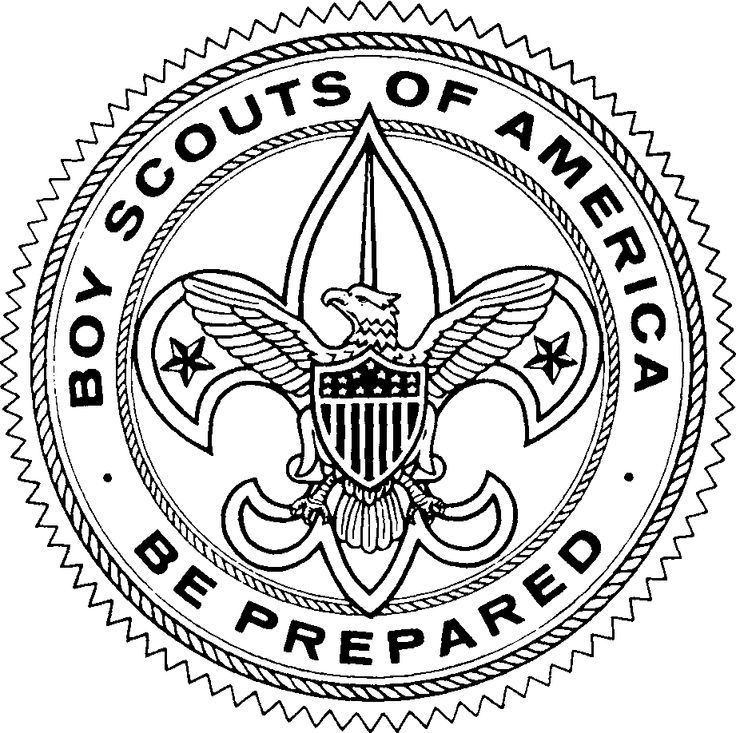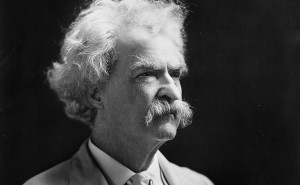“The great secret of success is to go through life as a man who never gets used up.”
– Albert Schweitzer, Nobel Peace Prize winner
Albert Schweitzer was born in Germany in 1875. In his life of 90 years, he had many occupations, including philosopher, scholar, doctor, musician, missionary, preacher, theologian, and journalist. Some of his primary life objectives included the brotherhood of nations and helping solve the world’s problems.
In 1952, he received the Nobel Peace Prize for his philosophy of “Reverence for Life.”
Exercise:
Imagine you have just been honored with your own Nobel Prize for your contribution to your professional and personal worlds. What would you like your success legacy to include?


